
Transition – Leaving
While moving can be in many ways exciting and positive, it also inevitably entails a s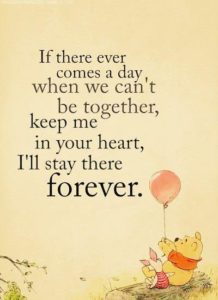 ense of loss.
ense of loss.
What are some of the possible losses?
- Friends
- Being seen a certain way
- Knowing how things are done
- For some, as much family closeness
- Sense of control over one’s own destiny
- Involvement with certain activities
What are some ways that kids express their feelings of loss / lack of control / fears of the future?
- May be negative, argumentative or angry
- May break family rules and expectations
- May become withdrawn or over-sensitive
- May be excessively helpful and obedient, quiet and complacent
- May need more reassurance then usual about all sorts of things
- May be “clingy”
- May regress to earlier behaviors
These are all normal responses. However if your child doesn’t acknowledge and process his/her sense of loss now, more serious consequences can result.
Age Differentiated Issues
While any of these reactions can occur in any age group, they occur with the most frequency in the following age groups.
Preschool:
- Separation worries
- Need for connections
- Need for a part in the move / responsibilities
- Difficulty understanding what’s really happening
Primary School:
- Dislike of change
- Need for security of everyday routines
- Need to know about familiar and/or positive change in a new environment
Middle and Senior School:
- Loss of friends and peers
- Concern about fitting in / being accepted
- Loss of control or independence
- Stress of losing status and being unknown
- Stress of not knowing the new routines
Suggested Strategies
- Organize a “Goodbye/Farewell “party for both adults and children so you can formalize the goodbye process. Ice cream sundae party, movie party, theme park outing, pool party, etc.
- Saying goodbye is extremely important to prevent unprocessed “emotional baggage” later on for both children and adults.
- Have the children make a special “Memory scrapbook”.
- Give your child a disposable or digital camera so they can take their own photos of special people and places.
- Have your child pack one special box (just for them) with what they want to keep.
- Stay connected with your special friends here after you move because they will be missing you.
- Give yourself a special treat (going to a spa, Etc.) and just be easy on yourself. You are doing a great deal of hard work and it is an emotional time.
- Phone/email the new school with questions before you arrive. Children can also look on the new school website to prepare themselves.
- Keep on thinking positively and talking positively about the move. It is an opportunity to have a fresh start.
- Research the new location as much as possible.
- Remember that children are resilient and can adapt quickly.More Strategies
- Make a family chart together listing the pros and cons about living here and then the pros and cons of the new location. E.g. What I will miss? What I am looking forward to?
- Be honest with the children about the reasons for the move.
- Buy books or look at movies about moving and/or about the new location.
- Be aware that reverse culture shock will exist for a period of time if you are moving back to your home country. You have changed in your outlook and experiences.
- Be a ‘tourist’ when back in your home country and travel more.
- Make paper chain with the links representing the countdown to the move. Each evening your children remove one link.
- Make a countdown calendar and post it where all the family can see it.
- Use the Skype system and email to keep in touch and allow your children the chance to communicate with technology.
- Have children make special “Let’s Keep in Touch” cards with contact information.
- Explain to your children exactly what moving involves: packing boxes, moving company, Etc. Do not assume that children understand the process.
- Allow your children some choice in decorating their new bedrooms and talk about this ahead of time.
- Sit with your children and make a list together of what is positive and what is negative about the move.
- The children can pack their own airplane carry-on bag with important items/treats.
- “Wherever you go a little bit of you stays behind”.
- Life in the new location will be different but keep an open mind. Remember that your reaction to transition sets the tone for your children’s adjustment.



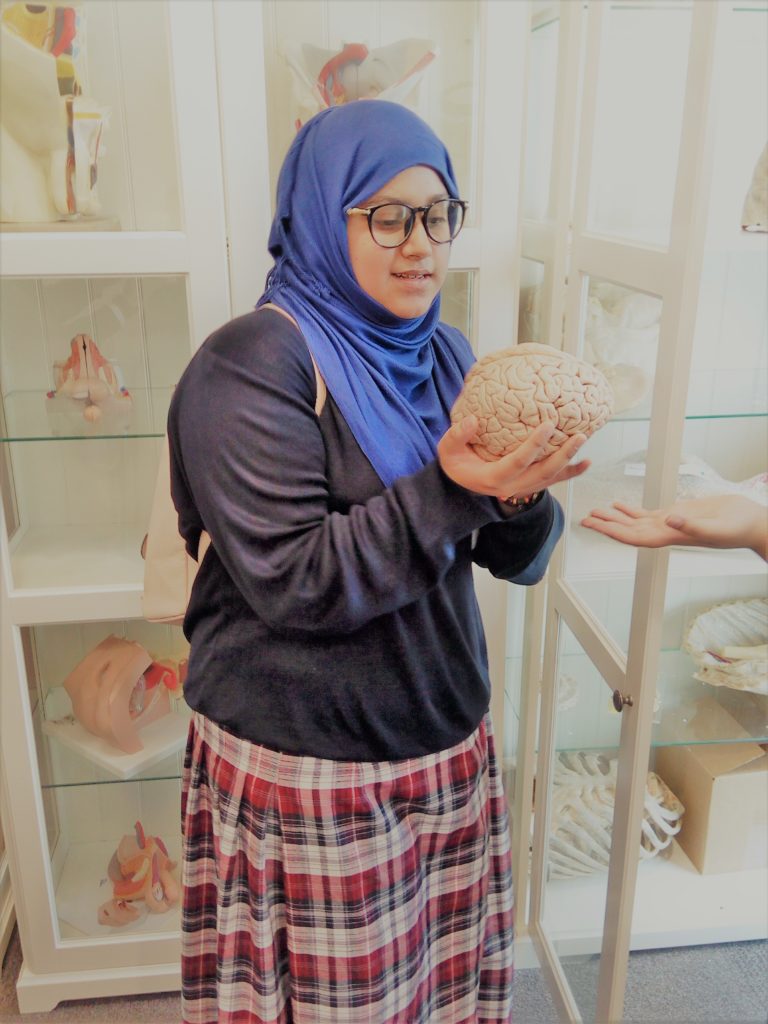
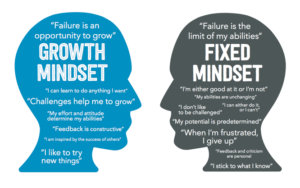

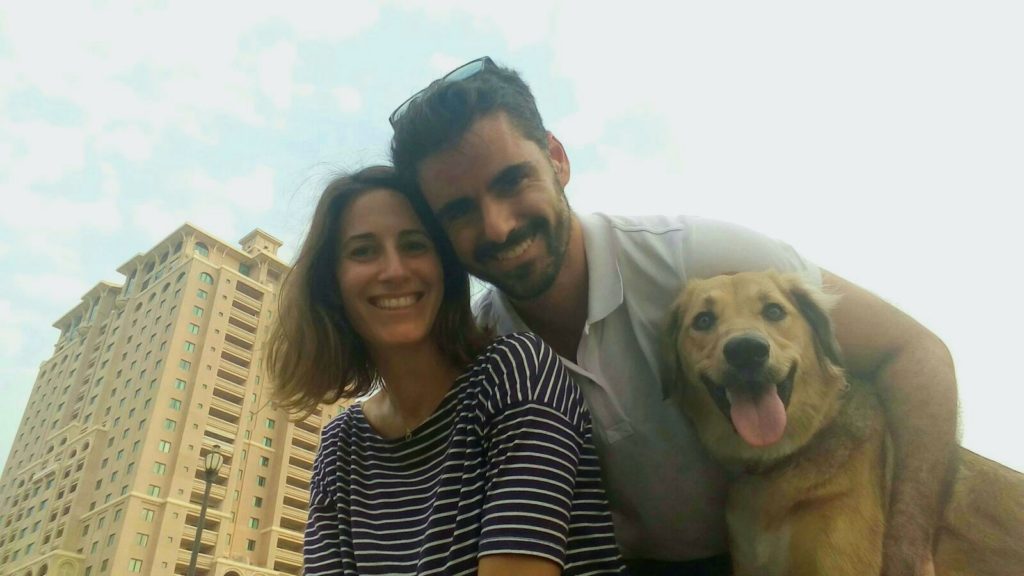
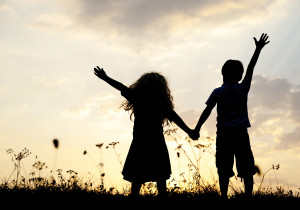
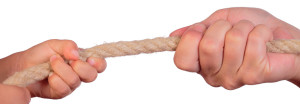

Recent Comments